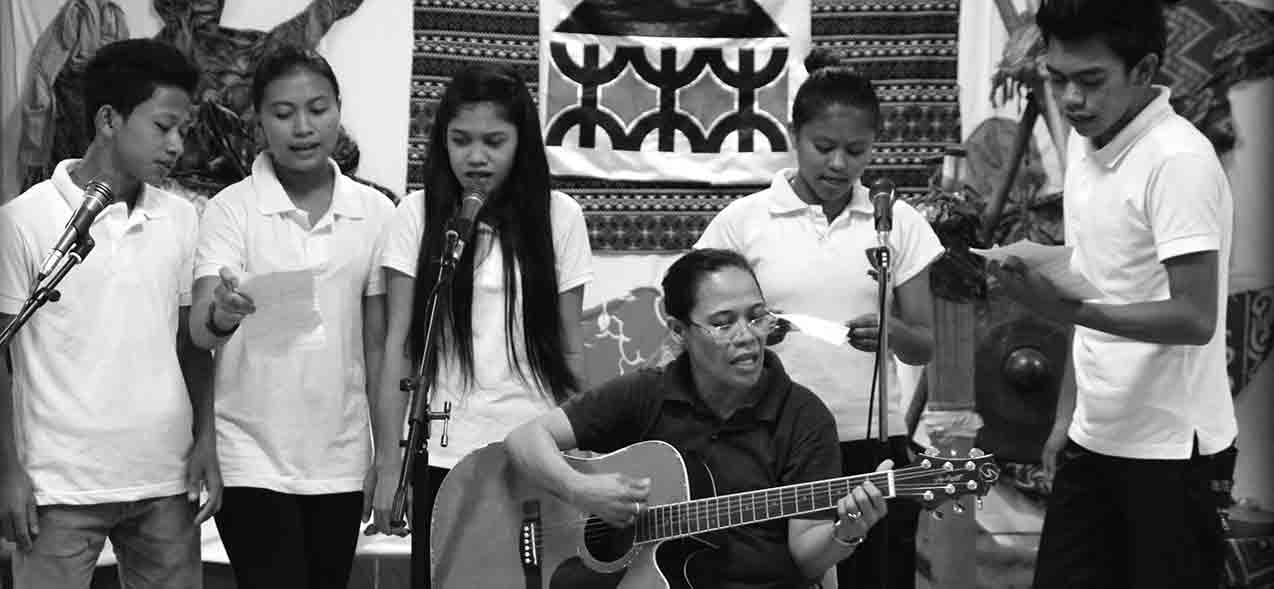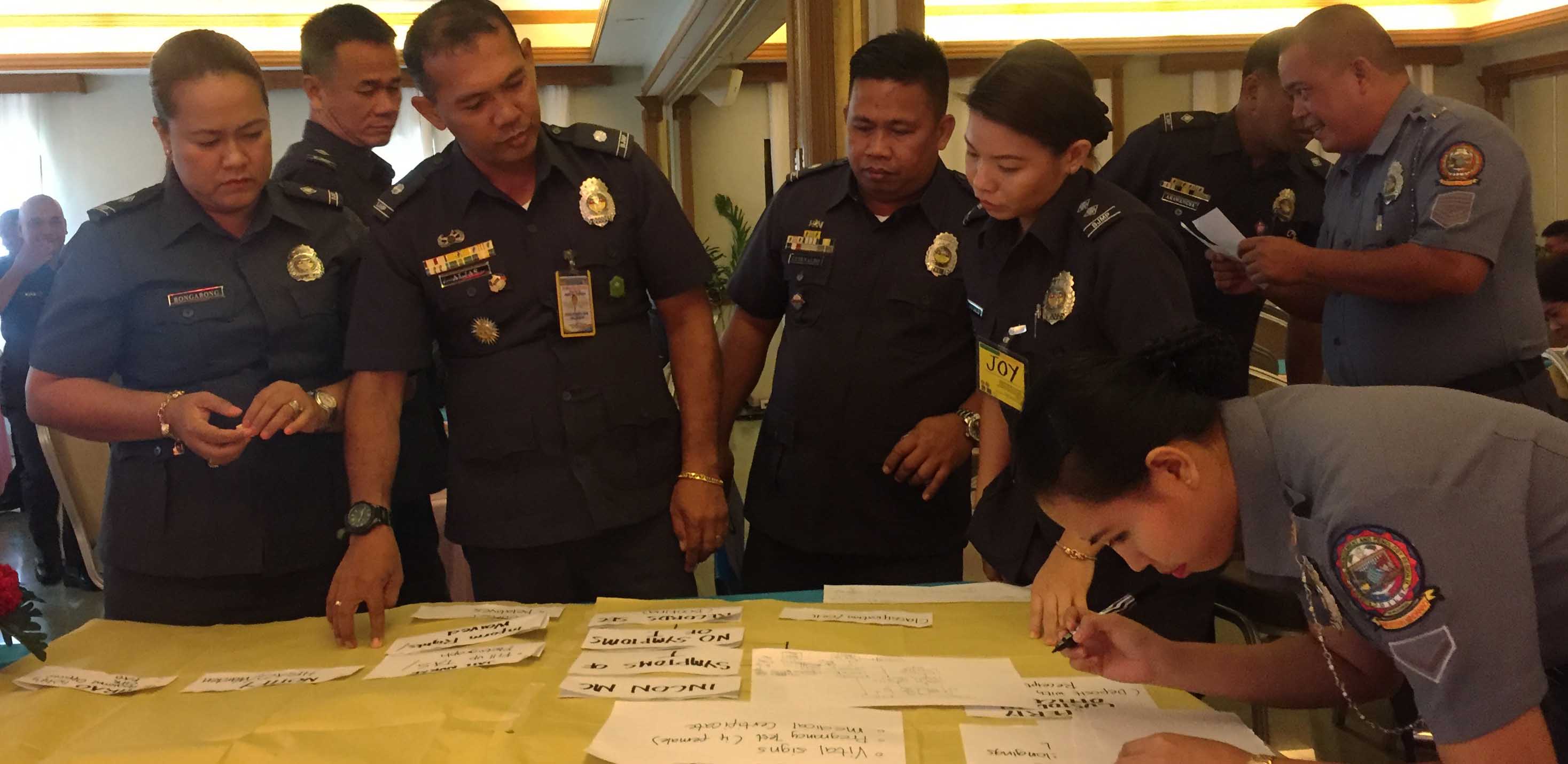Balay joined the global commemoration of the day when the UN Convention against Torture (UNCAT) took effect with thirty jail officers who participated in a training on torture prevention and promotion of humane treatment of persons deprived of liberty in Pagadian City from June 26 to 29, 2019.
According to the Balay training organizers, the holding of the activity was propitious as it coincided with the International Day in Support of Victims of Torture on June 26 which marks the day when the international treaty that bans torture and other cruel, inhuman ill-treatment or punishment came into force in 1986. The Philippines became a state party to the UNCAT in 1987.
The participants to the training include nurses, desk officers, and human rights officers in 10 out of the 20 jails in Western Mindanao. They are among the frontline jail unit professionals who are responsible for the screening, documentation, and reporting of persons who may have been tortured or ill-treated by apprehending authorities and those who may have suffered from deliberate acts of cruelty or inappropriate and excessive force while already in detention.
The three-day activity was supported by office of the Bureau of Jail Management and Penology (BJMP) in Region IX which covers the provinces, municipalities, and cities in Western Mindanao.
Among the topics discussed in the training was the role of jail officers in torture prevention and how to support the victims through documentation, reporting, and providing them with medical and psychosocial support. The participants also discussed the international standards on humane jail management as set out in the Mandela Rules. They also learned about the Anti-Torture Act and their accountabilities under the law and the BJMP administrative regulations.
Balay acknowledged the BJMP policy to designate jail officers to monitor human rights violations and promote human rights awareness in places of detention. It noted, however, that its implementation has been weak as human rights action officers lacked knowledge on their tasks and functions and they are saddled with other assignments as well. This makes their abilities as human rights advocates inside the jail difficult to flourish.
Officials from the BJMP Region IX Office said that they aspire to raise the professional capabilities of jail personnel as they commit to continue on building an organizational culture in keeping with their mission of humane safekeeping and development.
Balay and the officers from the BJMP Regional Office will monitor the outcome of the training based on the plans produced by the participants themselves.
























